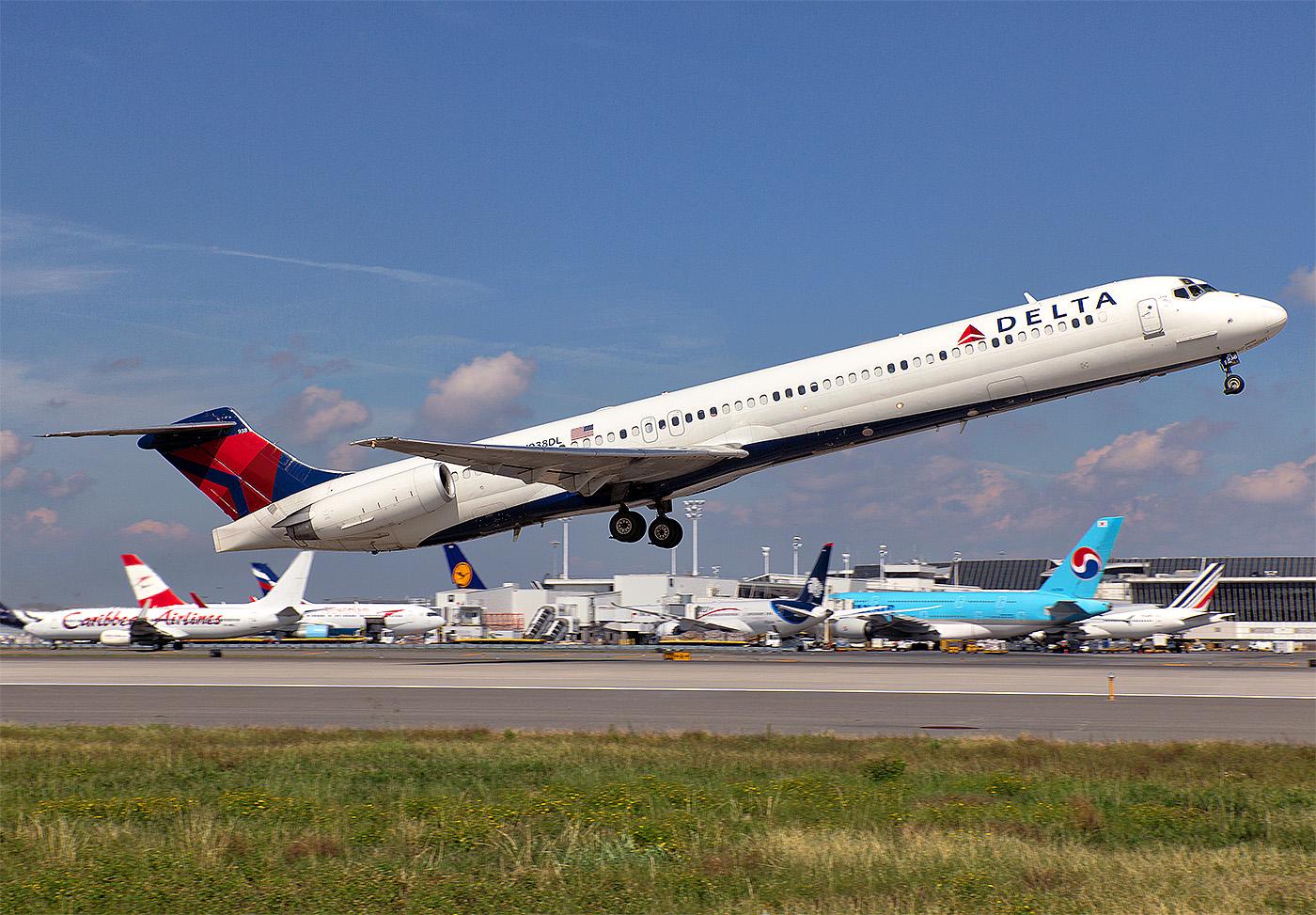
Delta Air Lines posted its first quarterly loss since 2014, as the coronavirus crisis battered air travel demand around the world.
The Atlanta-based carrier recorded a $534 million net loss on total revenue of $8.6 billion in the 2020 first quarter (Q1), which was down 18% year-over-year. The company is guiding for revenues to be down by 90% in the second quarter, expected to be 2020’s weakest.
Delta is the first U.S. airline to report results for the March quarter, setting the stage for a series of grim reports expected in the coming weeks. Earlier this week, United Airlines forecast a $2.1 billion pre-tax loss for the period.
Delta is taking a number of measures to reduce spending and is on track to bring its daily cash burn down from a peak of $100 million in March to closer to $50 million next month.
The company ended the March quarter with $6 billion in liquidity reserves, $5.4 billion of which it raised in March alone. Delta CEO Ed Bastian said he expects that figure to rise to $10 billion by the end of the June quarter, owing to funding from the Coronavirus, Aid, Relief, and Economic Security (CARES) Act and additional actions in the financial markets.
Under the CARES Act, Delta is slated to receive $5.4 billion in total payroll support funding, consisting of $3.8 billion in grants and a $1.6 billion low-interest 10-year loan. The company received $2.7 billion of that amount on April 20 and expects the remainder to be disbursed over the next three months.
Delta CFO Paul Jacobson, who has agreed to defer his planned retirement this year to help craft the company’s response to the coronavirus crisis, said the airline is eligible for $4.6 billion more in loans under the CARES Act, adding that no decision had yet been reached on the loans.
Actions taken by Delta to rein in costs include parking more than 650 aircraft, consolidating airport facilities and getting 37,000 employees to agree to various voluntary short-term leave and early-retirement schemes. Systemwide capacity is down roughly 80% this month, with similar levels expected for May.
On an April 22 call with analysts, Bastian stressed the need to simplify Delta’s fleet in response to the industry downturn, saying that “anything scheduled to retire over the next five years now has an accelerated path toward retirement.”
To that end, Delta has decided to retire its MD-88 fleet this year, with a decision expected soon on the MD-90s. Bastian also listed the carrier’s Boeing 757s, 767s and older regional jets as likely candidates for retirement. Cowen & Co. analyst Helane Becker forecast in an investor note that the company will retire more than 313 aircraft through the downturn, all of which are over 20 years old.
Given the combined effects of the twin health and economic crises caused by the pandemic, Delta management sees “up to three years” before a sustainable recovery in air travel demand is achieved. Bastian said there will have to be “changes to the business model” to incorporate increased social-distancing and other health concerns, adding that “we’ll be a smaller industry coming out of this, without a doubt.”
“If you think about everything that came out of 9/11 with TSA and Homeland Security, could there be a new public health agency coming out of this that requires a new immunity passport to travel? I don’t know the answer. But we’ll be on the forefront of all those advances, and I do believe people will value not just the experience, but the airline providing that experience and the reliability and service excellence of that,” Bastian said.





